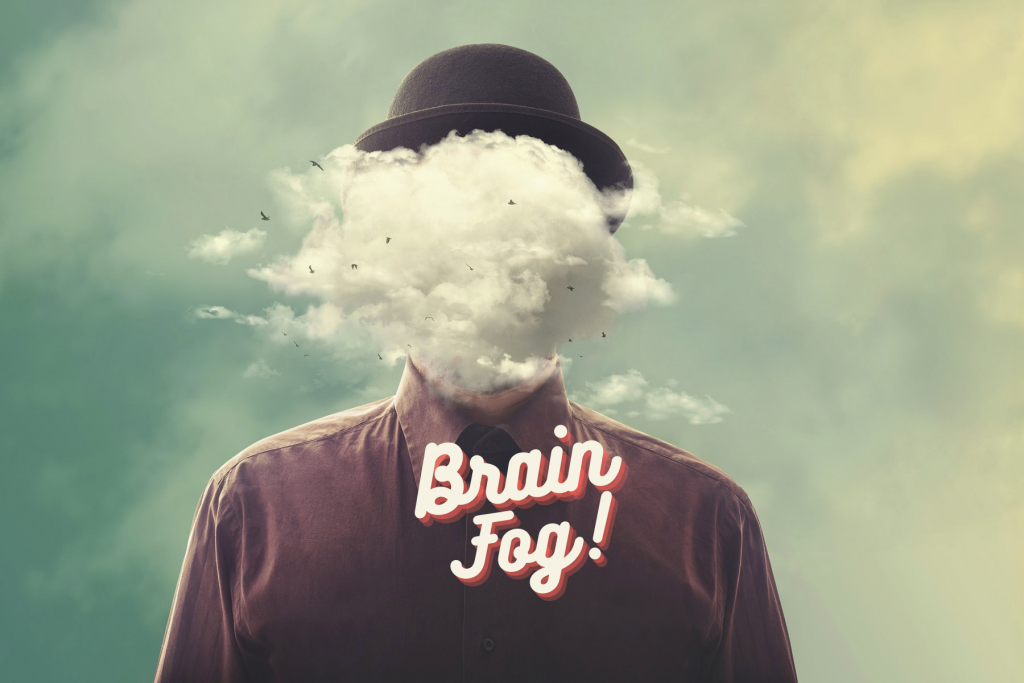We’ve all been there: You walk into a room and forget what you wanted to do or read the same paragraph over and over before you absorb the meaning of it…
These lapses of concentration are known as ‘brain fog’ and affect virtually everyone, so don’t worry about it too much.
Whether you call it ‘forgetfulness’ or ‘absent mindedness’, short periods of brain fog are normal for most people, especially when you’re tired, overwhelmed or stressed. However, some people suffer from prolonged periods of brain fog that make it difficult to think clearly for hours or even days at a time, which is when a minor issue can become a chronic problem.
What Is Brain Fog?
Brain fog is a general term for a set of symptoms that affect your thinking processes, like short-term memory, spatial awareness, and vocabulary. Brain fog isn’t a technical diagnosis exactly, but refers to feeling absentminded or having trouble focussing, as if your mind is clouded.
When brain fog strikes, you might have trouble remembering things or processing information, resulting in forgetfulness, difficulty expressing yourself and other issues. Fortunately, brain fog is not progressive or associated with declining intellect (meaning it won’t get worse over time or seriously impact your brain power).
What Causes Brain Fog?
Brain fog is often a symptom of other health issues such as high levels of stress or chronic conditions like coeliac disease, though it occurs in healthy people alike. Because it’s such a vague concept, there are tons of explanations for why brain fog happens, though most theories have some underlying similarity to these six possible causes:
1. Stress

Whether it’s due to your job, anxiety over the state of the world or burning your banana bread again, stress is bad for you, especially when prolonged for days or weeks. Stress creates harmful chemicals like cortisol which are linked to weakened immune systems, high blood pressure and brain fog, so try to manage your stress with mindfulness techniques.
2. Lack of Sleep

A lack of quality rest deprives your mind of the downtime it desperately needs, making your brain work harder for longer and increasing your chances of getting brain fog. Just like how your muscles need to rest after a workout, your brain needs to rest at the end of each day to avoid mental fatigue or brain fog.
3. Hormonal Changes
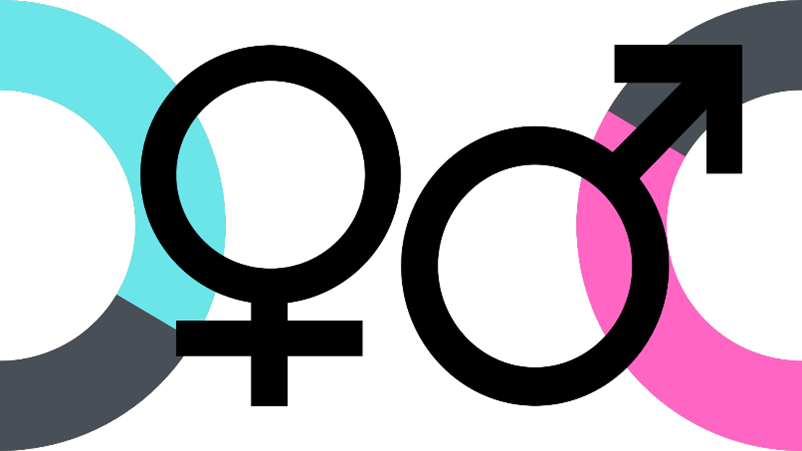
Changes to your hormone levels can trigger brain fog by messing up your brain balance, especially during pregnancy and menopause which cause changes in progesterone and oestrogen levels. Although men typically don’t see comparable changes in hormones, you should be mindful when taking testosterone boosting supplements or steroid-based medication.
4. Diet

A healthy diet (or lack thereof) also factors into brain fog, as many of the essential nutrients found in a balanced diet support healthy brain function. If you have any food allergies or sensitivities, then you may develop brain fog after eating certain foods, but if not, possible culprits include:
- Aspartame (artificial sweeteners)
- MSG (Monosodium Glutamate)
- Peanuts
- Dairy
5. Medications

If you regularly take medication and notice brain fog, you should consult a doctor to see whether your brain fog is a side effect of the drug or caused by some other factor. Some medications – such as chemotherapy – have high rates of brain fog, so lowering your dose or using alternate drugs may improve your symptoms, but always consult your doctor first.
6. Medical Conditions

Medical conditions that cause inflammation, fatigue or changes in your blood sugar levels can also cause brain fog in the short or long term. For example, brain fog (or mental fatigue) is a known symptom of fibromyalgia and chronic fatigue syndrome and other conditions that may cause brain fog include:
- Dehydration – Your brain is around 80% water, so make sure to keep it topped up.
- Anaemia – Low red blood cell counts mean less oxygen for your brain.
- Depression – Along with decreased energy, depression can make it harder to focus.
- Diabetes – Fluctuating blood sugar will impair normal brain function.
- Migraines – Debilitating headaches will obviously make it harder to think.
- Alzheimer’s – This progressive form of dementia negatively affects brain function.
- Autoimmune Diseases – If your brain is being attacked by your immune system, it will naturally be harder to think.
Brain Fog Remedies

If you suffer from brain fog or a condition linked to brain fog, you’ll be delighted to know that there are many remedies out there designed to tackle the root causes of foggy brain. While these remedies aren’t miracle cures, they will help you tackle the root causes of foggy brain (like stress, allergies and dehydration) to keep you thinking more clearly more of the time:
1. Get More Sleep

You’re probably tired (get it?) of hearing this, but sleep really is crucial for your brain, and sticking to a clear sleep schedule will help you stay concentrated and productive.
2. Manage Stress

Managing stress is easier said than done in today’s world, but trying to avoid or alter causes of stress will reduce the strain that anxiety puts on your body, improving brain function.
3. Address Food Allergies

Even if you don’t have a diagnosed allergy, certain foods may cause a reaction which can impair brain function, so cut back on cheese if it gives you stomach issues for example.
4. Stop Multitasking

According to a report from Stanford University, multitaskers struggle to focus on individual tasks or filter out distracting information, so go easy on your brain by taking things one step at a time.
5. Take Time for You

Because brain fog is usually caused by stress or underlying conditions, make sure to take some time to rest and relax so your clear head isn’t ruined by fatigue or migraines.
6. Exercise Your Brain

Your brain needs regular ‘exercise’ and stimulation to stay healthy, so give your grey matter a workout with puzzle games or learning a new skill to keep the fog at bay.
7. Drink More Water

Water is essential for all kinds of bodily functions – especially in the brain – so make sure you’re getting enough by swapping soda with flavoured water and keeping a bottle at your desk or by your side.
8. Eat a Balanced Diet

Your body needs a variety of vitamins and minerals to function well, so if your diet is more Doritos from the vending machine than home-made salads, make sure to eat a varied diet.
9. See a Doctor

If your brain fog has persisted for several days or came on suddenly, then you should consider talking to your doctor, as it can be a symptom of other medical conditions.
Brain Fog Supplements
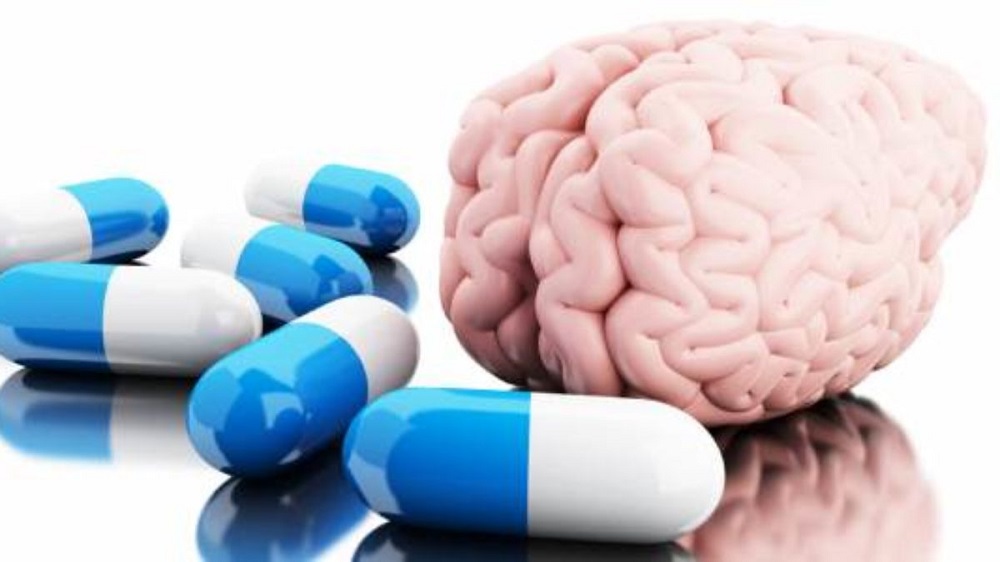
If you struggle with brain fog despite taking the advice listed above as part of a healthy lifestyle, then you may be able to benefit from brain fog supplements. Sometimes called brain vitamins, memory-enhancing drugs or smart drugs, the official term for drugs and compounds intended to boost brain function is “nootropics,” pronounced “no-o-tro-pics”.
Originally coined by Dr. Corneliu E. Giurgea, a scientist who developed piracetam as a brain enhancer, “nootropics” is derived from the Greek “noo” (mind) and French “trope” (change). Whether these brain vitamins are literally ‘mind-changing’ is up for debate, as there are very few reputable studies on the topic, but there are plenty of supposed nootropics out there to choose from.
According to Dr Giugea, ‘true nootropics’ must offer the following benefits to be classified as such:
- Improved short-term memory and learning
- Increased resistance to stress and trauma
- Protection of brain cells
- NO side effects
It’s important to note that synthetic medications such as Modafinil and Adrafinil are not true nootropics or available over the counter, so you should always seek medical advice before use. Fortunately, there are plenty of natural supplements and brain vitamins that fit Dr Giugea’s definition, though we recommend talking to your doctor before taking these supplements, as they may affect other medications.
1. Improve Intelligence, Memory, and Focus with Natural Nootropics
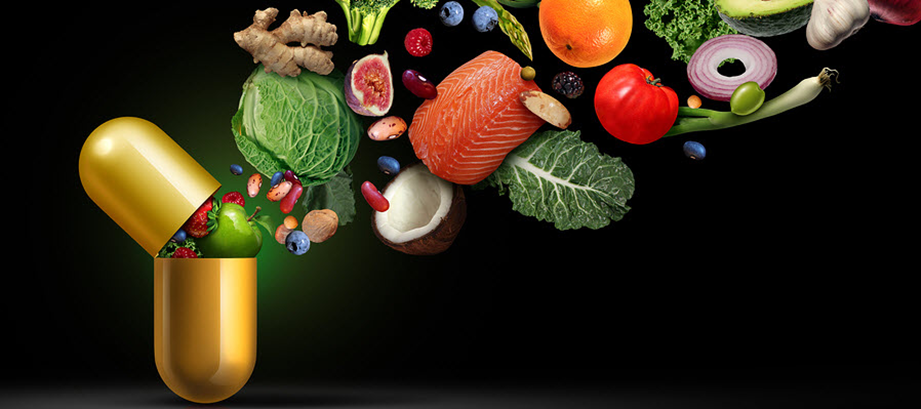
You may be hoping for brain vitamins that can help you overcome your sleep deprivation or anxiety, but these natural supplements shouldn’t be used as a substitute for healthy habits. Try to find high-quality compounds that are standardised or labelled with Good Manufacturing Practices (GMP) to get effective, reliable results and look for these brain-boosting supplements:
2. L-Theanine and Green Tea
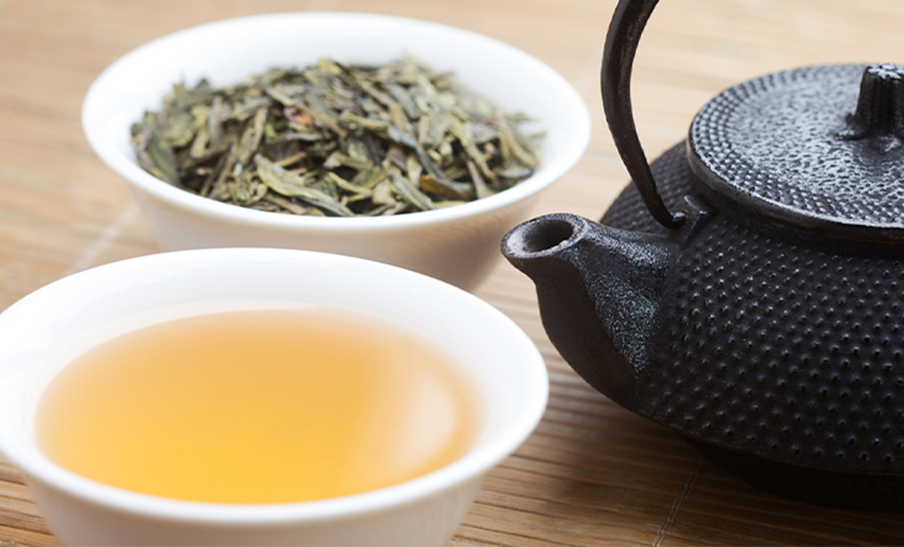
Green tea is a natural source of L-theanine, which has been shown to improve attention, reaction time and relaxation, thanks to its neuroprotective effects. This powerful compound helps to restore your nerve cells and is common in green tea, so it turns out that your favourite herbal teas could be rich in valuable nootropics.
3. Bacopa Monnieri

Also known as brahmi, water hyssop, and herb of grace, Bacopa Monnieri grows in wet, tropical environments and has been used in traditional Indian (Ayurvedic) medicine for centuries. This herb has documented antioxidant and brain-boosting effects, making it highly desirable as an ingredient in brain vitamins.
4. Ginseng

Thanks to its popularity in traditional Chinese medicine, ginseng is incredibly common, appearing in everything from herbal teas to energy drinks. Ginseng is a powerful herb which can support increased concentration and immune response, thanks to its antioxidant effects, though it may interact with other medication, so be careful when using this herb.
5. Rhodiola Rosea

Also known as king’s crown, golden root or arctic root, Rhodiola Rosea is a flowering herb that grows in cold, high altitude regions and boasts anti-depressive and anti-fatigue effects. With proven mood-boosting effects, rhodiola rosea proves its worth alongside other nootropics.
6. Lion’s Mane Mushroom

This edible mushroom can be found in the southern regions of the USA as well as Europe and Asia and is named after its distinctive spines which resemble shaggy hair. Whether you enjoy it raw, cooked or steeped in tea, Lion’s Mane contains hericenones and erinacines which can stimulate brain cell growth and protect against Alzheimer’s, though research on humans is currently scarce.
7. Ginkgo Biloba

Green, leafy and native to China, this ancient species of tree has been used in traditional medicine for ages, and with good reason: Ginkgo is packed full of antioxidants and nitric oxide which help the body fight aging and inflammation, improve blood flow, as well as reducing anxiety, making it one of the most generally beneficial of the ‘brain vitamins’ listed here.
Although some of these natural nootropics may seem extremely rare, you’ll be sure to find at least one of them in your local grocery store, but PLEASE don’t rely on energy drinks for ginseng. Regardless of which supplement you choose, you should see some benefits by choosing the purest form and taking them as part of your daily routine.
For example, try drinking green tea during breaks or making a stir-fry with lion’s mane mushrooms every now and then for a simple way to enjoy these brain vitamins and stay relaxed. With the help of these compounds and some lifestyle changes such as a structured sleep schedule, you should be able to reduce your foggy brain symptoms in no time.
